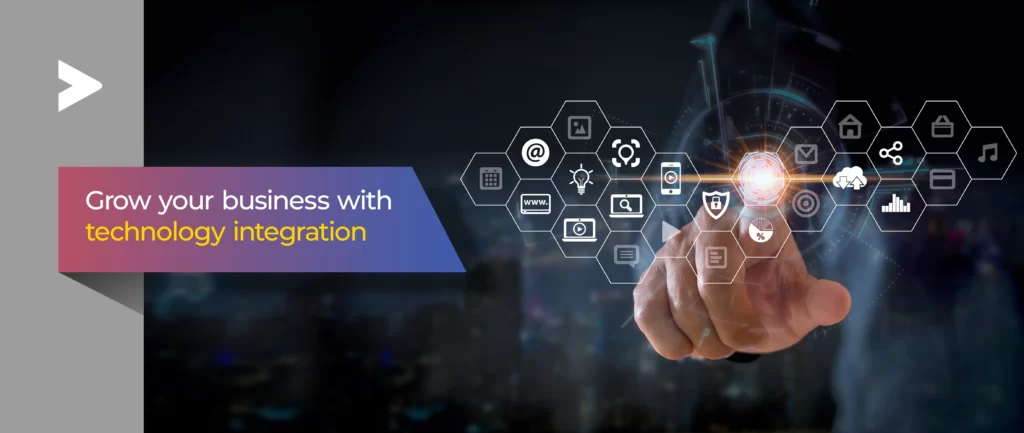
The future of small businesses is not a simple question to answer. It is complex, and there are many factors that contribute to it. The role of new technologies in the future of small business is one of those factors.
The question of the future of small businesses has been on the minds of economists for many years now. What will happen to them as technology continues to evolve? Will they be able to adapt? Will they be able to compete with large corporations? There are many questions, but we cannot answer them yet because we are not in the future.
Why Does the Future Matter?
In coming time, small businesses will need to be more adaptive and agile to survive. They will also need to shift their focus from “doing” to “enabling”.
Small businesses are just as vulnerable as large corporations when it comes to the future of technology. This is because they are not prepared for the disruption that they may face in the coming days. On the brighter side, small business owners are also getting more sophisticated with the use of technology in their day-to-day work with the use of mobile apps, e-commerce platforms, email marketing platforms as well as EdTech platforms. These tools create a new way for small businesses to flourish by offering flexibility that can allow them to succeed despite a changing market.
In addition, small businesses are also using technology to make their products more accessible to the public. Technology is taking over our society, changing the way we do business and interact with each other.
However, small businesses are under-prepared for this transition because they lack the means or finances necessary for professional tech staff and infrastructure investment. As technology advances, small businesses will have to invest in new technology to keep up. For example, if a small business is not on Facebook, they are losing up to 43% of their market share.
How Technology is Changing MSMEs for the Better
The small business sector is the backbone of the Indian economy. Today, the country has over 90 million MSMEs, with the manufacturing sector alone contributing to 30% of India’s GDP.
Small businesses are adopting technology at a faster rate than ever before, which has enabled them to grow their operations, create new jobs, and better compete in the global economy.
The finance minister also said that the Centre was taking steps to empower the MSME sector. “As we step into the post-Covid-19 era, we have many new avenues opened up for the MSME businesses. MSME sector is the backbone of Indian economy and the government is taking concrete steps to uplift and empower the sector,” Sitharaman said.
Sitharaman also advised the MSME businesses to adopt new technologies like Artificial Intelligence, IOT, and data analysis techniques and said it should focus on the implementation of skill development and training centers with the help of cluster associations.
What are the Predicted Trends That Could Impact MSMEs in 2023?
With the rapid changes in technology and the ever-growing global competition, it is difficult for small and medium-sized enterprises (MSMEs) to keep up with the latest trends. This article will take a look at some of the disruptive technologies that could have an impact on MSMEs in 2023.
- Artificial intelligence will be used for automation of repetitive tasks and to augment human intelligence.
- The Internet of Things is expected to grow exponentially and provide data insights that can be used by MSMEs.
- Blockchain will become mainstream as a way to secure transactions and reduce fraud.
- Automation will lead to job losses but also new opportunities for people with different skillsets.
An Example Scenario for a Potential Growth Strategy in 3-5 Years with Innovation in Technology
All size of businesses has started to use AI for their marketing, sales, and customer service. This has led to a new trend of entrepreneurs using AI for their small businesses.
- Some of the benefits of using AI in your business are:
- Providing an unbiased perspective from which to make decisions
- Improving decision-making based on data, not opinion
- Alleviating the need for human labor in many tasks, making it possible to scale up with less overhead
- Automating tasks that would be too expensive or time consuming for humans to do manually
Digital transformation is a strategic process that enables businesses to leverage technology and the internet to create value for their customers. Digital transformation has many benefits for MSMEs. It improves the productivity of employees and reduces operational costs. It also helps in enhancing customer experience, improving customer service and increasing company visibility.
We are witnessing the emergence of new technologies that will change the way we do business. It is important to stay up-to-date with these changes and be prepared for them. Businesses that integrate technology in their day-to-day operations are more likely to succeed than those who don’t. The success of a company relies on its ability to adapt to new technologies and use them as tools, not just as a passing fad.